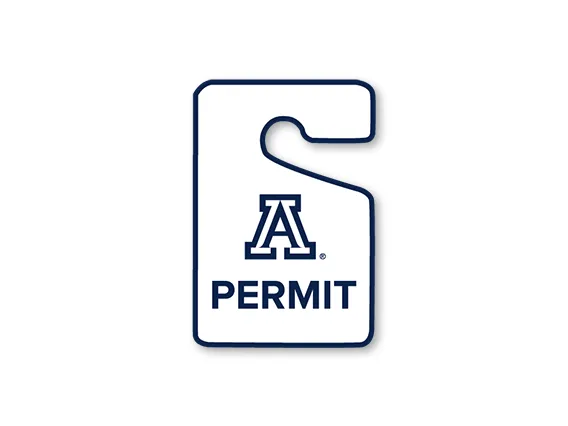Employees may be offered flexible work options depending on division and college needs and resources. Use this page to help navigate and understand the logistics of those options.
What is Flexible Work?
Flexible work refers to arrangements that alter an employee’s:
- Work location outside of a university building, office, or workplace (Flexible Space).
- Schedule outside of a traditional Monday-Friday, 8 a.m.-5 p.m. (Flexible Schedule).
A flexible work arrangement can include either or both types of flexibility.
Types of Flexible Work
Hybrid Work Week
Flexible Space
Summer Remote Periods
Flexible Space
Fully Remote
Flexible Space
Flexible Schedule
Flexible Schedule
Compressed Work Week
Flexible Schedule
Core Business Hours
Flexible Schedule
Resources for Flexible Work

Information Technology
Please reach out to your local IT support for specific departmental support. However, we encourage you to visit UITS for resources if you work remotely.

Parking and Transportation
Parking & Transportation Services offers FLEX Permits (2 and 3 day/week permits) and Occasional Use Permits (20 days/year) exclusively for university employees.

Ergonomics
Ergonomics is the study of fitting the work/job to the individual. Risk Management publishes guidance for various work locations, including at home.

Inclusive Workplace Practices
The Disability Resource Center offers guidance on using flexible work arrangements to improve inclusivity in workplace and workforce practices.
Training and Courses in EDGE Learning
Human Resources has curated the following suggested courses to address training areas that can help lead to more successful flexible work arrangements. In addition, check the “Work from Home Successfully” section under the “Professional Development for All” header on the EDGE Learning homepage for more recommendations.
- Communicating Across Cultures Virtually
- Engaging Your Virtual Audience
- Be an Effective Hybrid or Virtual Employee
- Building Connection and Engagement in Virtual Teams
- How Leaders Drive Results and Resolve Conflict in a Hybrid Workplace
- Creating the Environment for Productive Virtual Teams
- Virtual Team Building Activities to Cultivate Culture Remotely
Frequently Asked Questions
Yes. To efficiently use on-campus workspace and grant flexibility requests from employees, units may create shared workspaces as a condition of a hybrid schedule.
No. Although hybrid arrangements may be made, employees will be responsible for supplying the necessary office equipment for the second workspace. Employee equipment needs and access must be considered when evaluating flexible work arrangements.
Yes. Employees may keep university-issued office supplies and equipment at an off-site location if it is in line with the flexible work agreement and is not detrimental to the requirements of the position and the needs of the department/unit.
Please use the Certification Statement For Off-Campus Location Use of Equipment (PDF) to document any university equipment taken to a building or site not owned or leased by the university.






